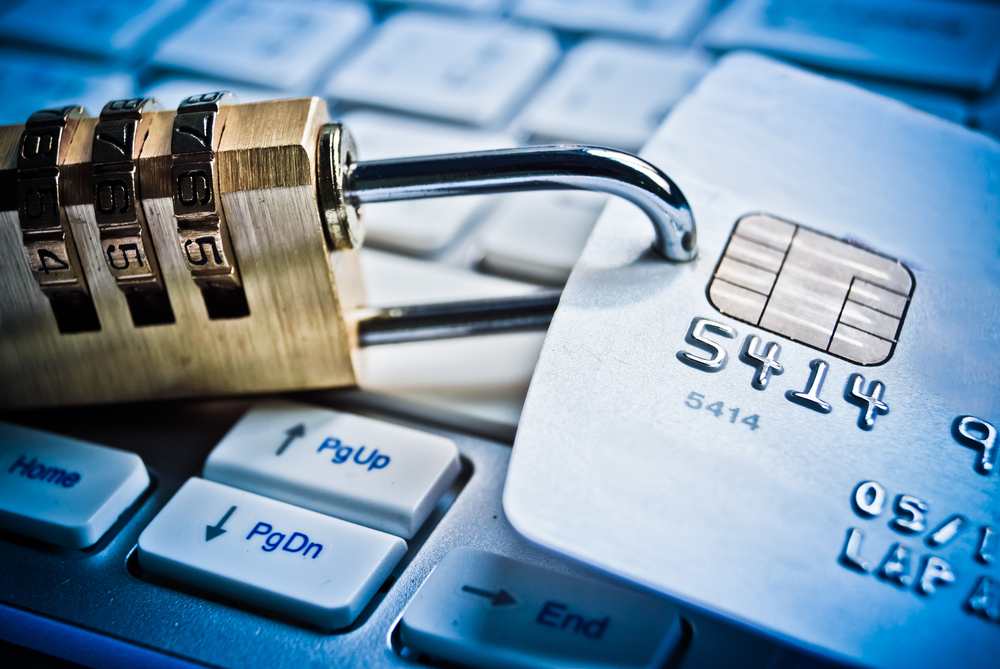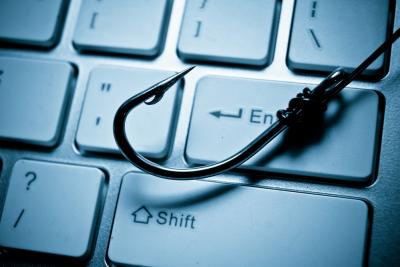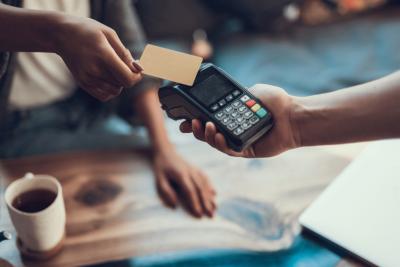Our Educate A Child International Fixed Term Deposit empowers education for marginalised and vulnerable children.


The threat from internet fraudsters is continually evolving. The best way to tackle these threats is to ensure you are always aware of them and how they work.
Criminals are always looking at ways to get hold of your personal data. Social networking sites such as Facebook, Twitter and LinkedIn open more avenues for criminals to obtain your personal details.
Social sites build networks and communications between individuals and encourage you to share personal information about yourself. Whilst these sites can be a lot of fun, there are risks in placing personal information online.
This information can be used to obtain products and services without your knowledge. The more information you give about yourself, the more vulnerable you become to fraud.
You should be careful about the type of information you make public and the people that you share your information with.
Consider these basic principles before you decide to post information online:
Whether you've been the victim of fraud, or you're looking to learn more about avoiding it, we are committed to keeping you and your accounts as safe as possible.

Learn more about the threat from viruses and trojans

Identity theft is a risk that we all face.

Social media is creating new opportunities for fraudsters.

Learn about the risks.

As online shopping increases, so do fraudsters' attempts to scam.

Fraudsters use different techniques to steal your card details.

Find out more about how criminals use 'money mules' and protect yourself from becoming a victim.

APP fraud is a crime which affects businesses and individuals